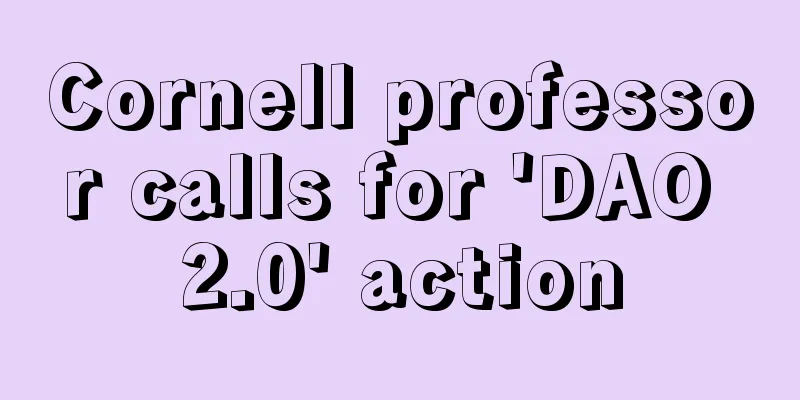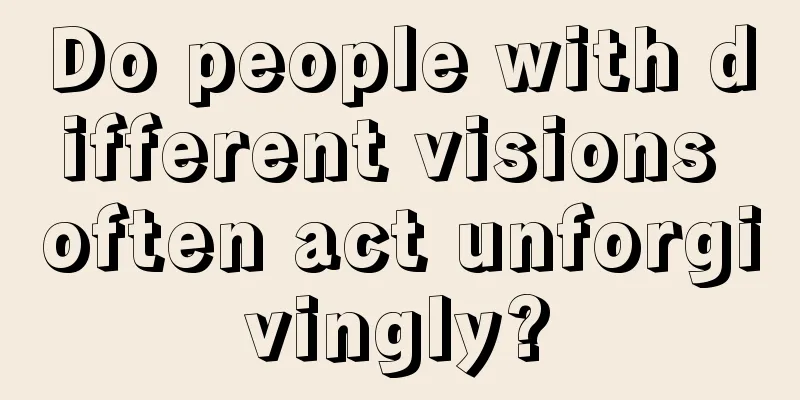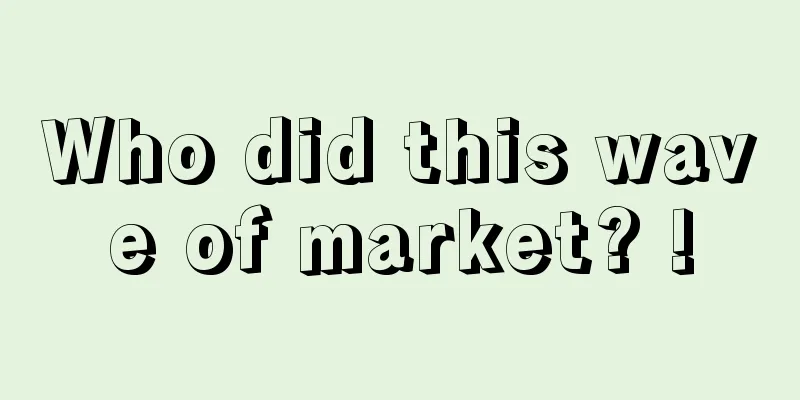Cornell professor calls for 'DAO 2.0' action

Translation: Nicole Cornell University computer scientists who helped identify vulnerabilities in The DAO disclosed ten newly discovered code flaws at an event in New York. The statement comes from Emin Gün Sirer, a critic of the project, and comes amid concerns about The DAO, a smart contract-based funding vehicle built on the Ethereum platform that collapsed after a vulnerability was discovered in its smart contract code. Sirer warned that while the vulnerability that led to the theft of tens of millions of dollars worth of ether is now well understood, there are still many issues that need to be resolved before another DAO (decentralized autonomous organization) is launched. The announcement laid out for the first time a clear path for how to build an organization run by code, thereby realizing the original vision of The DAO. Sirer, co-director of the Initiative for Digital Currency and Contracts (IC3: an academic research project focusing on blockchain technology), used the forum to detail the possible vulnerabilities in the Ethereum code language. Sirer went on to argue that the issues that arose could be used as a reference when creating similar projects in the future. Emin Gun Sirer He told the audience:
Vulnerability Details Before the first vulnerability was discovered, Sirer and his colleagues published a paper outlining a so-called "recursive call" vulnerability that allowed hackers to transfer funds from The DAO into a "child DAO (spun off from the original DAO)." At last night’s event, which brought together 70 bitcoin coders, ethereum developers, computer scientists and finance experts, Sirer detailed other possible threats. For example, the "tracking" vulnerability - currently being used to counter hacker attacks and transfer funds to a secure account - was one of the examples of vulnerabilities Sirer cited at last night's event. The ten vulnerabilities Sirer discussed in detail include: a "simultaneous proposal trap" where a hacker posts a random proposal like 'Do you believe in God?' to trick people into responding; and a voting period using tokens that also becomes a trap. Then, after the funds are locked, the attacker can put forward a competing proposal. Another vulnerability is called a “control majority vote” attack, where one party pretends to be the party with the most votes to reap the benefits of a successful proposal — by dispersing voting power into separate votes, and he believes there is no defense against such an attack. The vulnerabilities discussed last night were also detailed in an earlier post, and the full list of vulnerabilities and how The DAO worked can be found here. Sirer told attendees:
Tough Love Hours before yesterday’s event, Sirer took part in a Twitter debate in which he suggested that the ethereum community should ostracize the founding members of Slock.it, the German startup that wrote the code for The DAO and led its deployment. At the New York event, Sirer made a two-pronged appeal, singling out founders Stephan Tual and Christoph Jentzsch. But Sirer was harshly critical of Slock.it, saying the problem extends to Ethereum itself. He called The DAO a "giant $220 million bug bounty," a criticism aimed not only at The DAOs but also at Ethereum's smart contract code language, Solidity, which he said is still a work in progress. Sirer told attendees:
|
<<: Circle receives $60 million in funding from Chinese investors including IDG, Baidu, and Wanxiang
>>: India's largest private bank explores blockchain
Recommend
The chin symbolizes wealth. See if you have it.
The chin is part of the chin, which represents th...
Is it good or bad for a woman with naturally curly hair? What is her fate like?
With the development of the times and fashion tre...
What should Jianfengjin do when encountering the phase of husband-killing? How to resolve the phase of husband-killing
Through my country's traditional sixty-year c...
Analysis of the fate and personality of women with pointed chins
Women with pointed chins generally have more promi...
The face of a person who won’t go out even when invited by friends
Generally speaking, even if a person has no idea ...
Do women with moles at the corners of their eyes have good personalities? What is fate?
Traditional physiognomy covers a wide range, among...
Ethereum breaks through historical high in short term, Bitcoin recovers to $54,000
In the past 24 hours, the overall cryptocurrency ...
The gesture of the other person's hand when reading palmistry and the prediction of fate
When someone asks you to read his palm, immediate...
RWA Tokenization: The Password for the Next Wave of Wealth Growth
In the rapid evolution of the global financial ma...
Following ETH 2.0, a new commercial application system BVX has emerged
Blockchain technology is known as another disrupt...
The face of lazy people when they are tired at work
There are indeed many tiring things and moments i...
Bitmain: AsicBoost has no patent issues and can be used by all mining farms
Regarding the patent rights of AsicBoost, Bitmain...
The face of a multimillionaire indicates that he is rich and will surely become rich in the future
In life, people often see some rich people who sp...
Women with smooth relationships have these facial features
For a person, some things actually have very obvi...
Legal Daily: Many places have severely cracked down on virtual currency transactions, and experts suggest focusing on regulating the functions and uses of virtual currencies
Recently, Shenzhen City issued a "Risk Warni...









